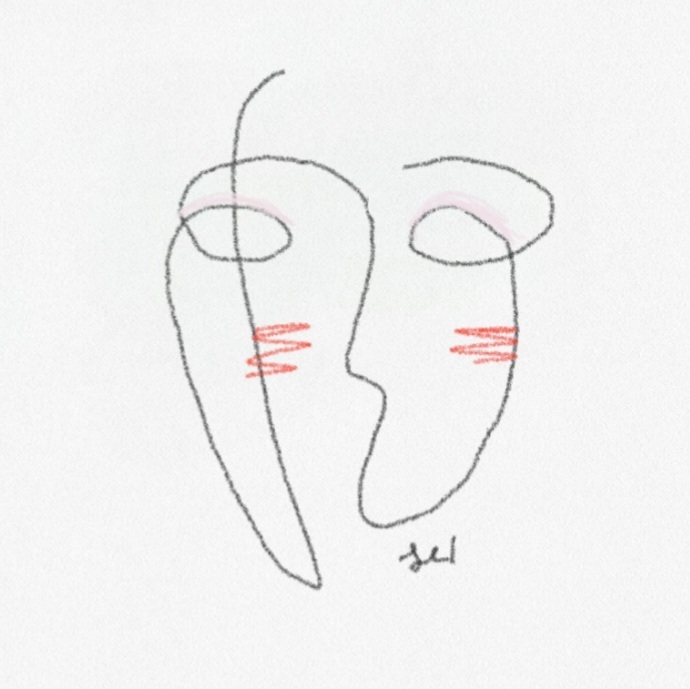The Ugly Truth Behind the "My Skin But Better" Trend
I'm sure you've heard of the "my skin but better" trend—a movement that shows you how to achieve a flawless look with minimal products and effort. It encourages you to embrace your natural beauty without over-enhancing your features with too much makeup. Sounds so positive, doesn’t it? But is that really all there is to it? Let’s unfold together the ugly truth behind this trend.
In recent years, the beauty industry has seen a surge in popularity for the "my skin but better" trend. This trend promises a natural, effortless look that highlights your skin's best features while downplaying imperfections. While this concept sounds appealing, there’s an ugly truth lurking beneath the surface.
Unrealistic Expectations
At its core, the "my skin but better" trend promotes the idea that anyone can achieve a flawless, natural appearance. However, the models and influencers showcased in advertising often possess near-perfect skin, which sets an unrealistic standard. For many, especially those with blemishes, scars, or unique skin conditions, this ideal can feel unattainable. The disconnect between marketing and reality can leave people feeling frustrated and inadequate when products don’t deliver the promised results.
The Impact of Overclaiming
Many brands make bold claims about the effectiveness of their products, suggesting that anyone can achieve that coveted "natural" look with just a swipe or a dab. This overclaiming can lead to disappointment when consumers realize that these products often fall short of expectations. Instead of enhancing their natural beauty, they may find themselves chasing an ideal that isn’t reflective of their reality. It’s essential for brands to be transparent about what their products can truly achieve.
The Need for Diversity in Beauty
The beauty industry is slowly starting to embrace diversity, but there’s still a long way to go. For the "my skin but better" trend to be truly inclusive, brands need to showcase a wider range of skin types and conditions in their marketing. This representation can help individuals see themselves reflected in beauty campaigns, fostering a more realistic understanding of beauty that includes all imperfections and variations.
Embracing Authenticity
Rather than striving for a standardized version of beauty, we should encourage each other to embrace our natural skin. Focusing on skincare and finding products that genuinely work for our unique needs can be much more empowering than attempting to conform to an idealized look. The conversation around beauty should celebrate individuality and authenticity, reminding us that our differences make us beautiful.
Conclusion
The "my skin but better" trend may have its merits, but it's crucial to acknowledge the unrealistic expectations it creates. By promoting honesty and transparency in beauty marketing and advocating for greater diversity, we can foster a more inclusive and authentic beauty culture. As consumers, we have the power to demand better representation and challenge the narrative of perfection that often dominates the industry. Remember, true beauty shines through when we embrace who we are, blemishes and all.




Komentar
Posting Komentar